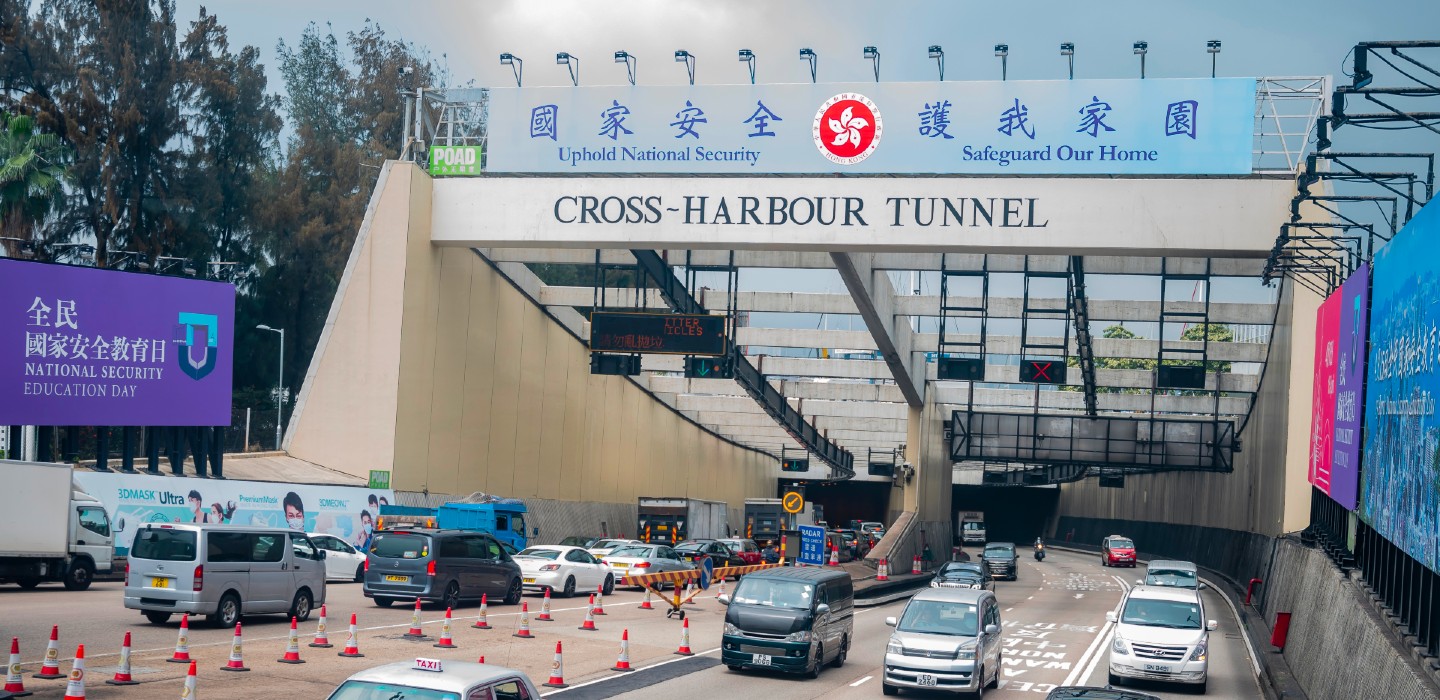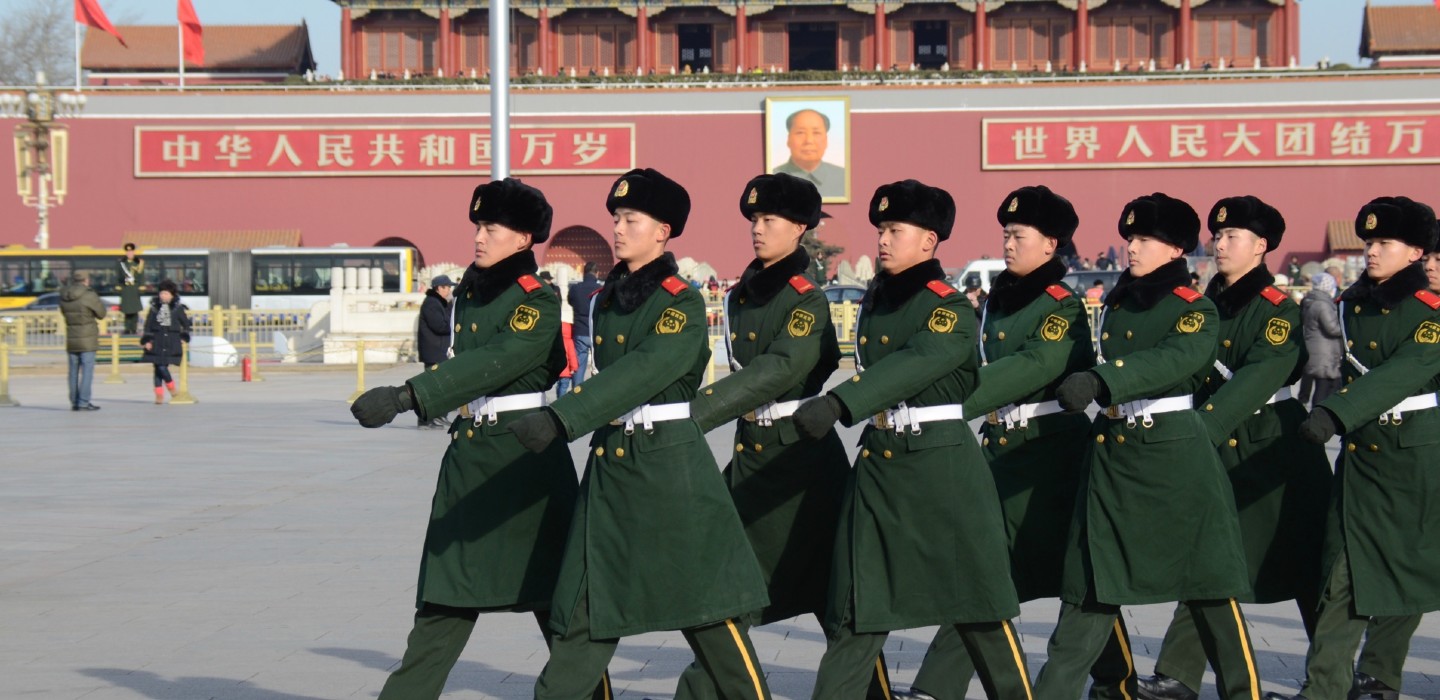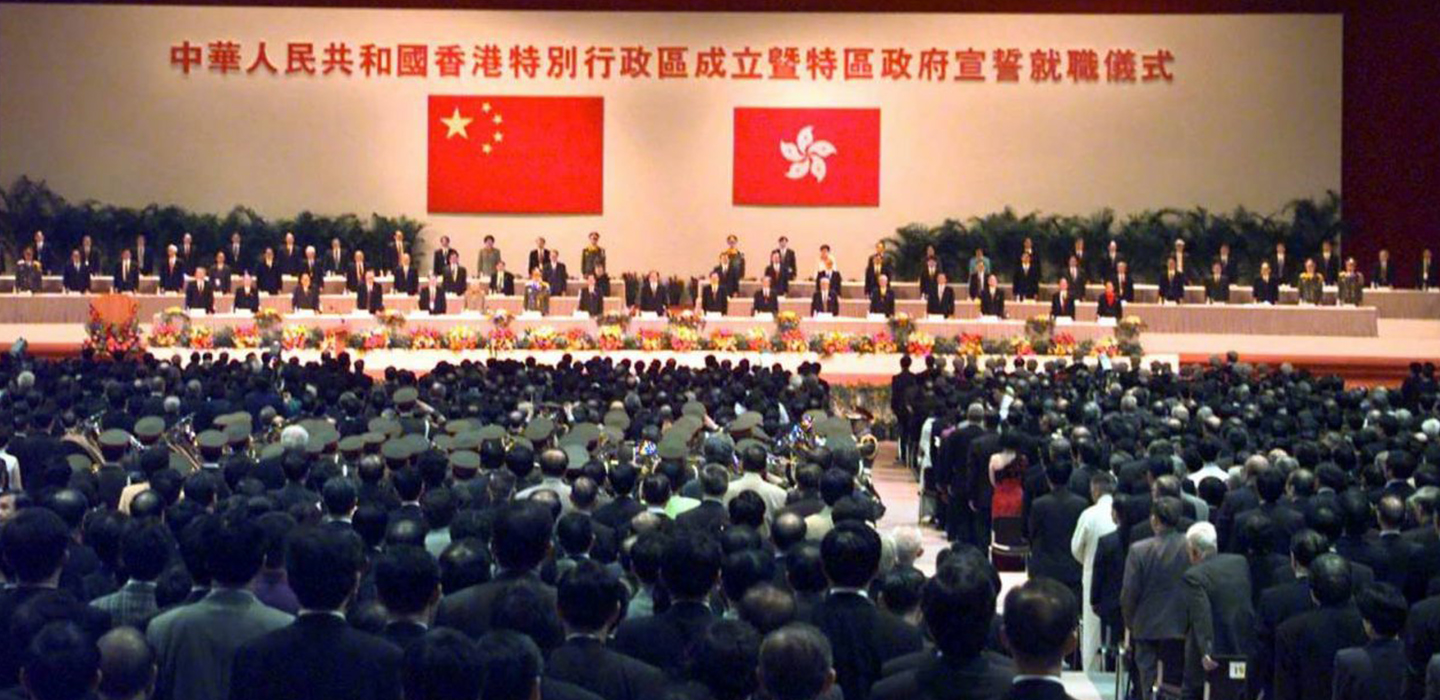Major fields of national security matter to Hong Kong Part 2
National security, in addition to conventional territorial, political and economic security, includes emerging fields like science and technology security, ecological security and biological security. National security matters to our everyday lives, and we all should do our part in safeguarding national security.
Science and technology security and cyber security
In our daily lives, we use various communication software and new technology products and devices. In modern times, if a country can grasp and control core technologies, it will have an advantage in vying for competition dominance. Therefore, all countries have begun to pay growing attention to science and technology security and cyber security. They not only emphasize the training and cultivation of talents and the application of advanced equipment and scientific findings, but also strive to guarantee the security of cyber infrastructure and information. In Hong Kong, the Police Force organizes inter-departmental cyber anti-terror exercises each year and, by means of deploying “cyber range” on advanced computer systems, provides training for important facilities and personnel.
In the emerging fields of national security, Hong Kong can make its contributions
Hong Kong always has advantages in the research and development of science and technology. The National 14th Five-Year Plan also supports Hong Kong to build itself into an international InnoTech center. The outstanding research findings from Hong Kong have been used and applied in the exploration in and protection of national security in new emerging fields like outer space, deep sea, polar and biological security. These are new fields for global competition and international governance. For example, the Hong Kong Polytechnic University, in cooperation with the China Academy of Space Technology, took part in the research and development of several advanced equipment for the country’s space missions, such as the “Mars camera”, which was able to endure huge impact shock and was able to produce super wide-angle images and videos.
Ecological and resources security: working hard to reduce emissions
National security is not an abstract concept.
In recent years, the country has repeatedly stressed the protection of lush mountains and lucid waters, and has given priority to ecological and resources security. It has become the basic national policy to ensure the ecological environment is in a state free from damage or threats or with less damage, and to ensure efficient use of resources like water, energy and land, and to embark on the road of green development.
In recent years, the Hong Kong Government also echoed actively to the carbon reduction policies and strategies of the Central Government, by taking the initiatives like the Roadmap on Popularization of Electric Vehicles and the Climate Action Plan updated in 2021, to further reduce carbon emissions. The Hong Kong Government also announced the Hong Kong Biodiversity Strategy and Action Plan to protect local natural resources.
Nuclear security is critical to the safety of people
Hong Kong does not have any nuclear facilities, but the Security Bureau has always kept close communication with the Guangdong provincial government in order to be updated with stability and safety records of the Daya Bay nuclear power plant, which is located close to Hong Kong, and to make emergency and contingency preparations to safeguard the life and safety of people.
Security of overseas interests
The security of overseas interests refers to a state in which the interests of overseas Chinese nationals, institutions and enterprises are free from any threats or risks. You may remember, the ‘Diamond Princess’ cruise ship was stranded in Japan in 2020 due to the COVID-19 outbreak. With support and assistance from the Central Government, the Immigration Department and the Economic and Trade Office in Tokyo set up by the Special Administrative Government, provided quarantine and homebound arrangements for all Hong Kong residents stranded aboard the cruise ship. By end of 2019, the SAR government had set-up 15 economic and trade offices overseas and had also worked out emergency and contingency plans. At the same time, all Chinese citizens, including Hong Kong, Macao and Taiwan residents, are entitled to consular protection services by the Chinese government. All Hong Kong residents may seek consular assistance whenever they have difficulties while overseas.









